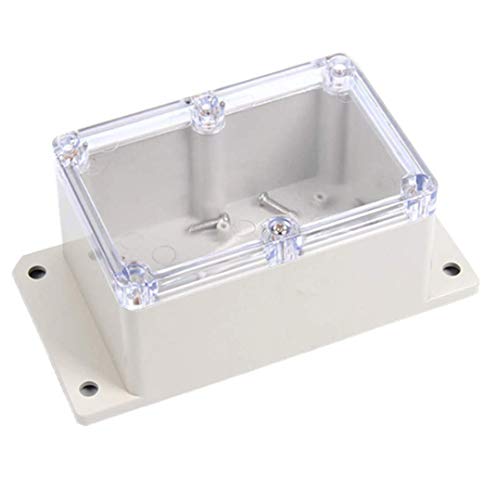- Joined
- Nov 28, 2009
- Messages
- 14,762
- Reaction score
- 951
Here's an interesting one.
Customer wants me to remove 5 storage heaters.
In their place he wants 5 single 13A sockets.
DNO has already been and changed the meter to a single rate meter, and has re energised the former off peak CU on a permanent supply already.
Each storage heater is a radial circuit protected by a 15A MCB wired in 2.5 t&e
Old style Wylex consumer unit with no RCD.
At each heater point I would be changing the existing 20A DP switch that fed each heater with a single 13A single socket.
I would not be changing the MCB or indeed making any alterations whatsoever to the CU.
New use would be no greater load than the old use feeding the heaters.
So does this count as a "new" circuit, in which case it needs an RCD (which realistically means a CU change), or can I just proceed.
Certainly a grey area and I can't decide which.
Customer wants me to remove 5 storage heaters.
In their place he wants 5 single 13A sockets.
DNO has already been and changed the meter to a single rate meter, and has re energised the former off peak CU on a permanent supply already.
Each storage heater is a radial circuit protected by a 15A MCB wired in 2.5 t&e
Old style Wylex consumer unit with no RCD.
At each heater point I would be changing the existing 20A DP switch that fed each heater with a single 13A single socket.
I would not be changing the MCB or indeed making any alterations whatsoever to the CU.
New use would be no greater load than the old use feeding the heaters.
So does this count as a "new" circuit, in which case it needs an RCD (which realistically means a CU change), or can I just proceed.
Certainly a grey area and I can't decide which.































































